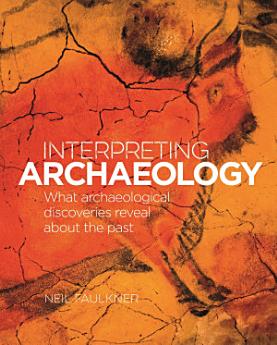Interpreting Archaeology: What Archaeological Discoveries Reveal about the Past
អំពីសៀវភៅអេឡិចត្រូនិកនេះ
Interpreting Archaeology uses a wide array of evidence, including artefacts as varied as humble ceramic pots, imposing monuments, and genetic data, to tell the human story from a new angle.
Beginning with the discoveries that have reshaped our understanding of hominin evolution and the spread of Homo sapiens across the globe, Neil Faulkner has charted a fascinating journey through the past, taking in everything from the rise of the world's first great civilizations to the establishment of hierarchies, the development of art and religion, and the causes of warfare along the way.
អំពីអ្នកនិពន្ធ
Dr Neil Faulkner was a Research Fellow at the University of Bristol, Co-editor of Past Worlds magazine, editor of Military History Matters and Co-director of the Sedgeford Historical and Archaeological Research Project (in Norfolk, England). He was elected a Fellow of the Society of Antiquaries of London (FSA) in 2008. Since 1996 he worked on the excavation of an Anglo-Saxon site at Sedgeford in Norfolk with the Sedgeford Historical and Archaeological Research Project (SHARP). In 2016, he completed a ten-year field project looking at the military campaigns of Lawrence of Arabia in southern Jordan (the Great Arab Revolt Project).
The author of many articles and numerous academic papers, his ten books include The Decline and Fall of Roman Britain, A Visitor's Guide to the Ancient Olympics, and Digging Sedgeford: A People's Archaeology. Faulkner appeared frequently on television, both at home and abroad. His TV work includes Channel Four's Time Team, BBC2's Timewatch, and Sky Atlantic's The British.







